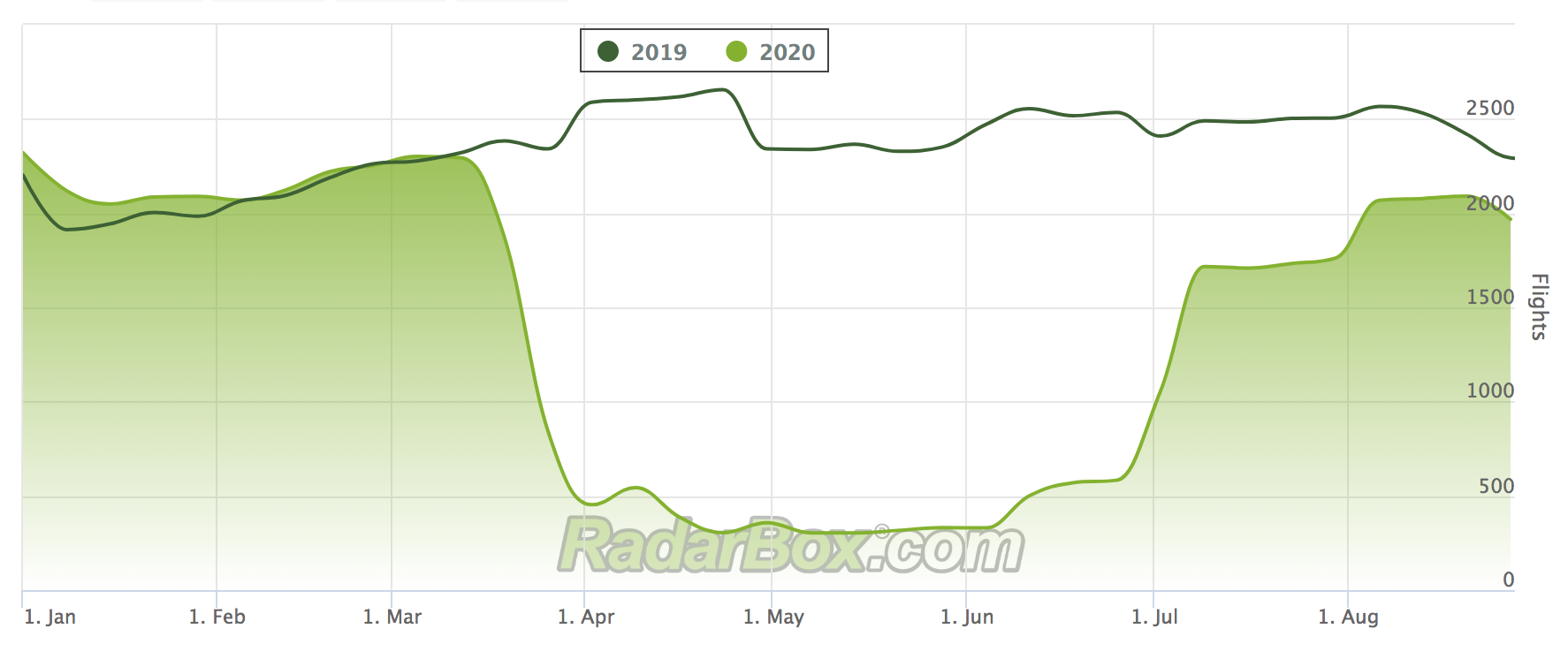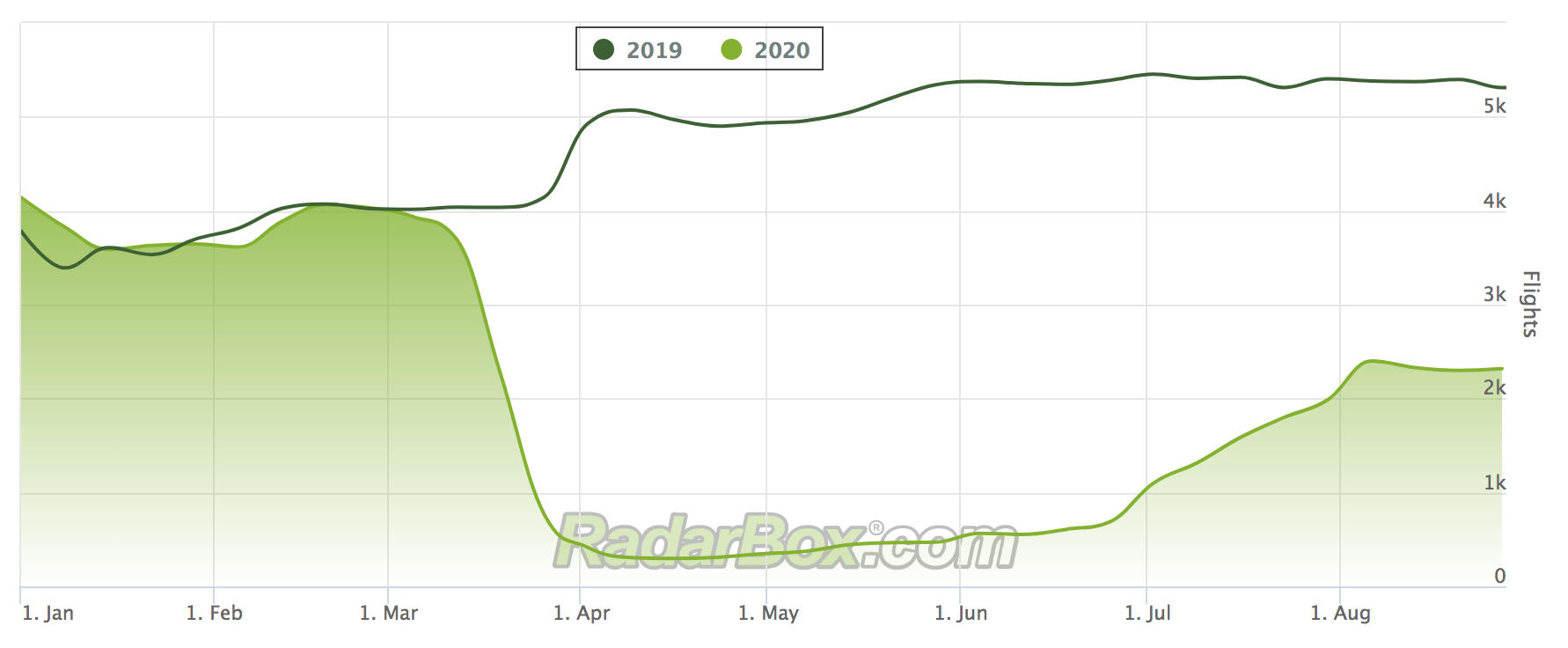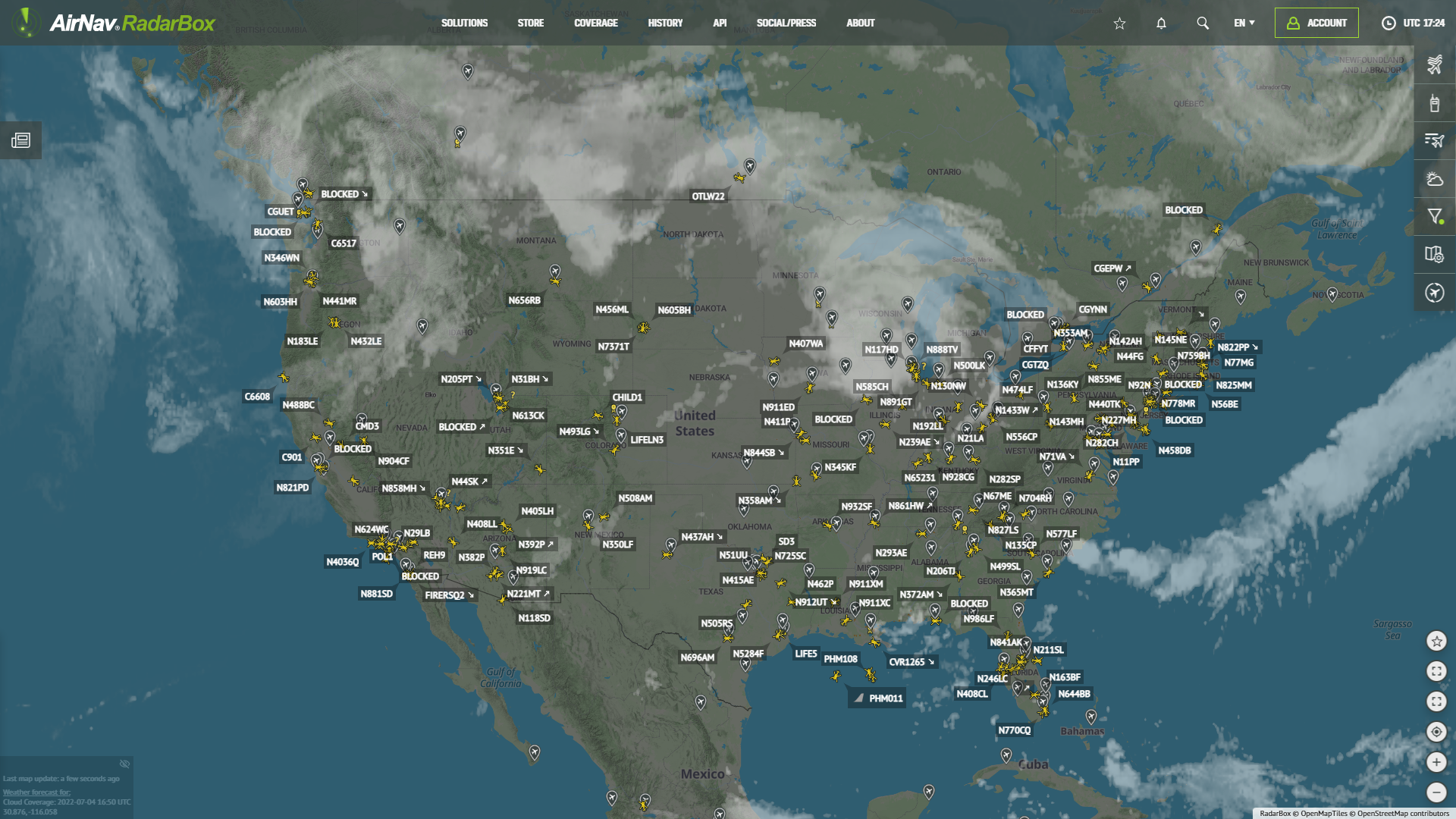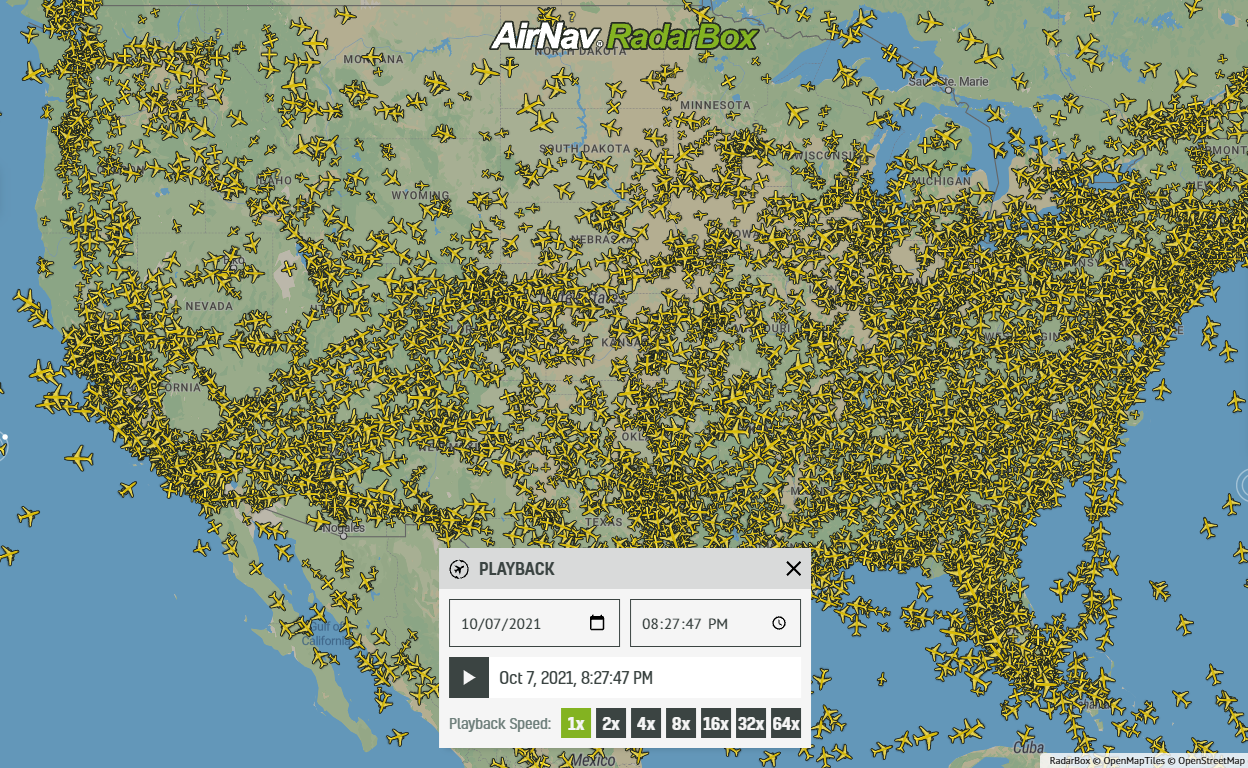Weekly Round-Up: Boeing Partners NASA as Rolls-Royce Slumps
The scale of the crisis in aviation was underlined this week by the vast losses at engine manufacturer Rolls-Royce. A slump in production resulted in a mammoth loss of £5.4 billion for the business in the first half of the year alone. Rolls-Royce believes that demand won't return to pre-Covid levels until 2025.
Pandemic problems
Pandemic conditions led to a slump in demand for engines manufactured by Rolls-Royce, as airlines reduced flights and aircraft manufacturers drastically reduced production. This troubling climate was further reflected elsewhere in the industry as well. Employment is also a major issue for aviation industry companies, and both General Atomics and United Airlines were forced to announce bad news for their employees this week.
Technology expert General Atomics announced plans to lay off 6% of its workforce, as part of a 'streamlining' of its business. The defense contractors had been particularly sorely impacted by cuts at the US Air Force.
United furlough
Meanwhile, one of the most important carriers in the US, United Airlines, indicated its intention to furlough 2,850 pilots by the culmination of the calendar year. Passenger demand remains relatively low in the United States:
(Above: US international traffic)
...and US government federal funding for airlines will be ceased in the coming weeks. In this climate, United clearly feels that it cannot support its usual quotient of pilots. Certainly, United has experienced a major reduction in its traffic during 2020 although its situation has improved significantly in recent weeks:

(Above: United flight data for 2020)
And with most industry experts believing that a full recovery is at least two years away, major carriers such as United will need to explore every option available to them.
The situation with Covid is so bad in the UK that lawmakers in the country have called for extra assistance for the aviation industry. More than 100 British lawmakers have joined forces with trade union Unite to urge the government to provide extra state support to airlines and airports. Air travel is far from fully recovered in the UK:

(Above: UK international flight data for 2020)
...while job losses in the sector have been rife. Indeed, this cry for help can be seen before the backdrop of devastation in the UK aviation market; an issue that is impacting severely on some British towns. The Guardian reported this week that workers from Belfast to Caerphilly fear mass unemployment, and accused the British government of failing to offer adequate support.
Australians stranded
The Covid-19 pandemic has had many deleterious side-effects, and one of the most troubling for those affected must be the hundreds of thousands, and even millions, of people currently stranded overseas, with no immediate prospect of returning home.
A major example of this came to a head this week, when a collective of airlines warned that flying back 100,000 stranded Australians will take six months, unless restrictions on travel are eased. The stranded Australians are symptomatic of issues faced in many different nations, with Australian government travel 'caps' reportedly contributing to the problem.
Boeing news
This week was also an eventful one for Boeing, with the company pulling eight 787 airliners from service due to a structural issue. Boeing noticed a manufacturing issue that undermined the strength of the aircraft. But in better news, Boeing also announced that it is entering into what the company hopes will be a fruitful partnership with NASA.
Boeing will partner with NASA on two research projects, intended to gather data on aircraft noise and test an air traffic management digital data communications tool. NASA equipment will travel on board a Boeing 787 flight, with results contributing to the continuing development of aircraft designs and flight operations that will be quieter and more fuel efficient.
With Boeing having sold far less airplanes than usual this year, the company is just one seeking some light at the end of the tunnel. And a report from Samchui this week addressed this possibility, by listing several key factors for an aviation recovery, most notably that companies which were previously rivals will need to be more willing to work together.
Rocky road
This collaborative approach may very well be welcomed by consumers and regular fliers. But the road ahead remains rocky. As cases began to elevate in Europe this week, several nations took additional travel precautions. Switzerland, Czech Republic and Jamaica were removed from the 'safe list' of travel destinations in Britain, and the possibility of a second peak in the virus looms large.
Clearly, this challenging time for aviation is not about to disappear.
READ NEXT...
 76975
76975Tracking Helicopters With RadarBox
Today we'll explore how to filter and track helicopters on RadarBox.com. Read this blog post to learn more...- 30243
AirNav Announces Coronavirus Related Data & Graphics Available
AirNav Systems is providing data COVID-19 air traffic related data for analysis, study and use.  21404
21404Replay Past Flights with Playback
AirNav RadarBox officially launches the playback function on RadarBox.com, allowing users to replay the air traffic for a specific date and time in the past, within a 365-day period. Read our blog post to learn more about this feature.
